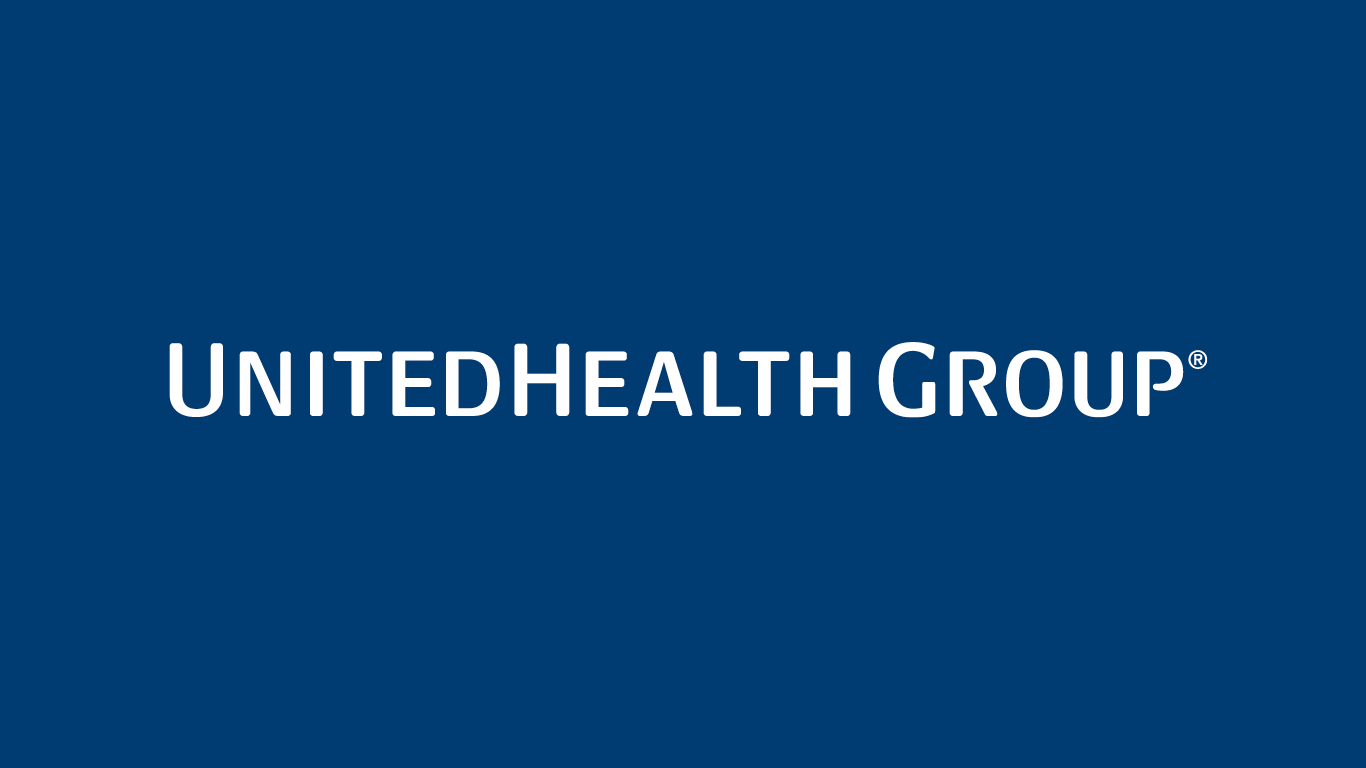Health and Healthcare
Why UnitedHealth's Massive Bottom-Line Beat Doesn't Matter

Published:

When UnitedHealth Group Inc. (NYSE: UNH) released its second-quarter financial results before the markets opened on Wednesday, the firm posted $7.12 in earnings per share (EPS) and $62.1 billion in revenue. Analysts were calling for EPS of $5.18 on $63.43 billion in revenue. In the same period of last year, UnitedHealth said it had $3.60 in EPS and revenue of $60.59 billion.
Earnings were substantially higher than anticipated this quarter due primarily to the unprecedented, temporary deferral of care in the company’s risk-based businesses. However, management was quick to say that this likely will be offset in the quarters ahead.
During the latest quarter, total revenues grew $4.1 billion, or 6.8%, year over year, reflecting balanced, broad-based revenue growth across Optum and UnitedHealthcare.
UnitedHealthcare revenues increased 2.5% year over year to $62.1 billion. Second-quarter earnings from operations at UnitedHealthcare were $9.2 billion, nearly double from the same period last year.
Optum second-quarter revenues and operating earnings of $32.7 billion and $2.2 billion, respectively, increased from $28.0 billion and $2.1 billion a year ago. This was led by earnings growth at OptumHealth.
Looking ahead, the company maintained its outlook for the 2020 full year. Currently, UnitedHealth expects to see EPS in the range of $16.25 to $16.55. Consensus estimates call for $16.29 in EPS and $258.69 billion in revenue for the full year.
On the books, the company ended the quarter with $25.59 billion in cash and cash equivalents, up from $14.25 billion at the end of 2019.
UnitedHealth stock traded down about 2% to $302.68 early Wednesday, in a 52-week range of $187.72 to $315.84. The consensus price target is $332.44.
Credit card companies are pulling out all the stops, with the issuers are offering insane travel rewards and perks.
We’re talking huge sign-up bonuses, points on every purchase, and benefits like lounge access, travel credits, and free hotel nights. For travelers, these rewards can add up to thousands of dollars in flights, upgrades, and luxury experiences every year.
It’s like getting paid to travel — and it’s available to qualified borrowers who know where to look.
We’ve rounded up some of the best travel credit cards on the market. Click here to see the list. Don’t miss these offers — they won’t be this good forever.
Thank you for reading! Have some feedback for us?
Contact the 24/7 Wall St. editorial team.